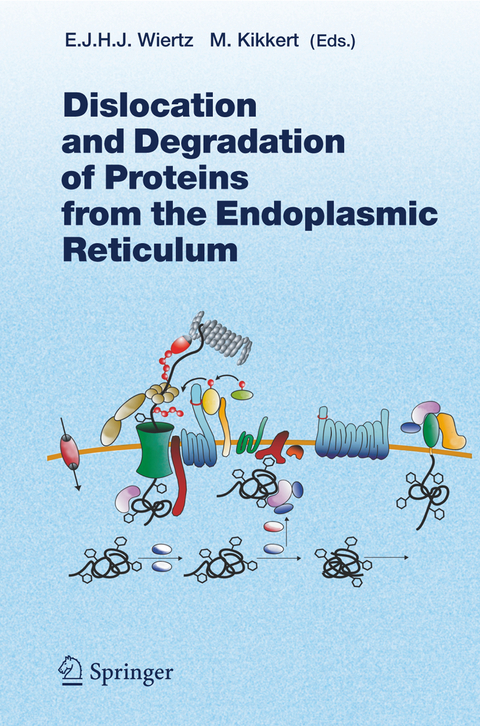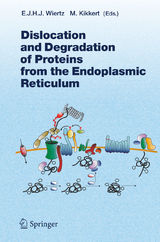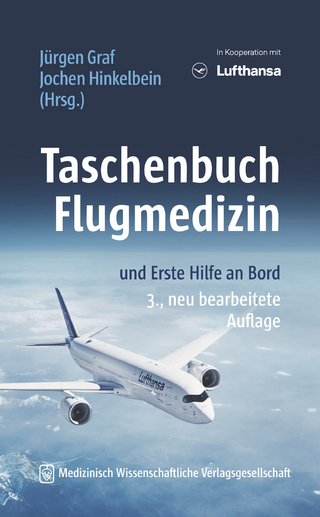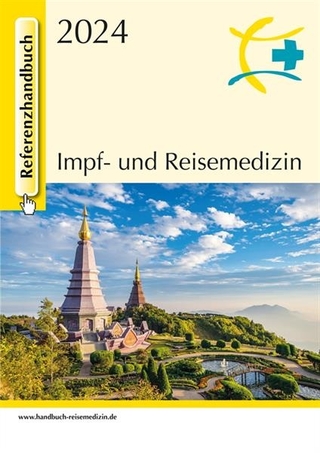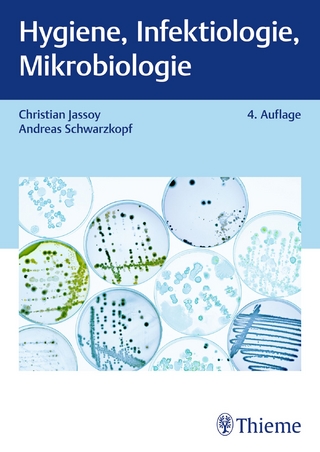Dislocation and Degradation of Proteins from the Endoplasmic Reticulum
Springer Berlin (Verlag)
978-3-540-28006-4 (ISBN)
The Secretory Capacity of a Cell Depends on the Efficiency of Endoplasmic Reticulum-Associated Degradation.- Recognition and Delivery of ERAD Substrates to the Proteasome and Alternative Paths for Cell Survival.- CPY* and the Power of Yeast Genetics in the Elucidation of Quality Control and Associated Protein Degradation of the Endoplasmic Reticulum.- The Role of the Ubiquitination Machinery in Dislocation and Degradation of Endoplasmic Reticulum Proteins.- The Role of p97/Cdc48p in Endoplasmic Reticulum-Associated Degradation: From the Immune System to Yeast.- The Ins and Outs of Intracellular Peptides and Antigen Presentation by MHC Class I Molecules.- Entry of Protein Toxins into Mammalian Cells by Crossing the Endoplasmic Reticulum Membrane: Co-opting Basic Mechanisms of Endoplasmic Reticulum-Associated Degradation.
| Erscheint lt. Verlag | 23.12.2005 |
|---|---|
| Reihe/Serie | Current Topics in Microbiology and Immunology |
| Zusatzinfo | XI, 174 p. |
| Verlagsort | Berlin |
| Sprache | englisch |
| Maße | 155 x 235 mm |
| Gewicht | 400 g |
| Themenwelt | Medizin / Pharmazie ► Medizinische Fachgebiete ► Mikrobiologie / Infektologie / Reisemedizin |
| Medizin / Pharmazie ► Studium | |
| Naturwissenschaften ► Biologie ► Mikrobiologie / Immunologie | |
| Schlagworte | Bacteria • Cell • Cell Biology • Diseases • Embryology • Endoplasmatisches Reticulum • immunology • Membrane • Microbiology • Pathology • Protein • Protein / Eiweiß • proteins • Protein synthesis • Virus • Viruses |
| ISBN-10 | 3-540-28006-5 / 3540280065 |
| ISBN-13 | 978-3-540-28006-4 / 9783540280064 |
| Zustand | Neuware |
| Haben Sie eine Frage zum Produkt? |
aus dem Bereich
